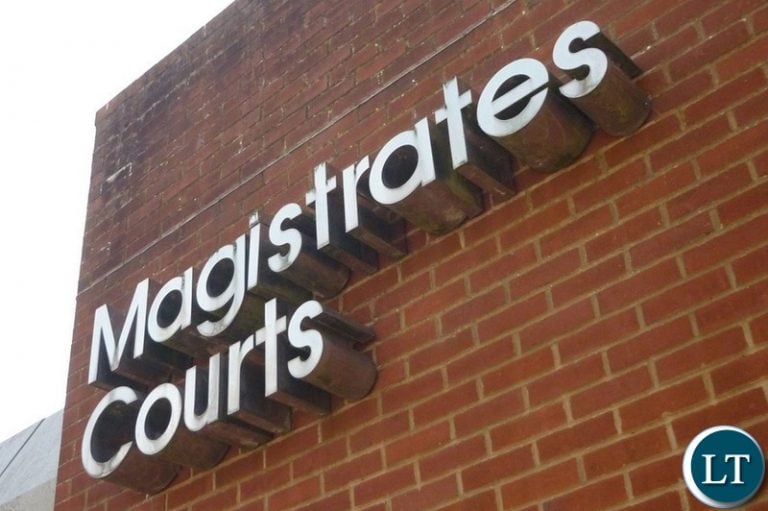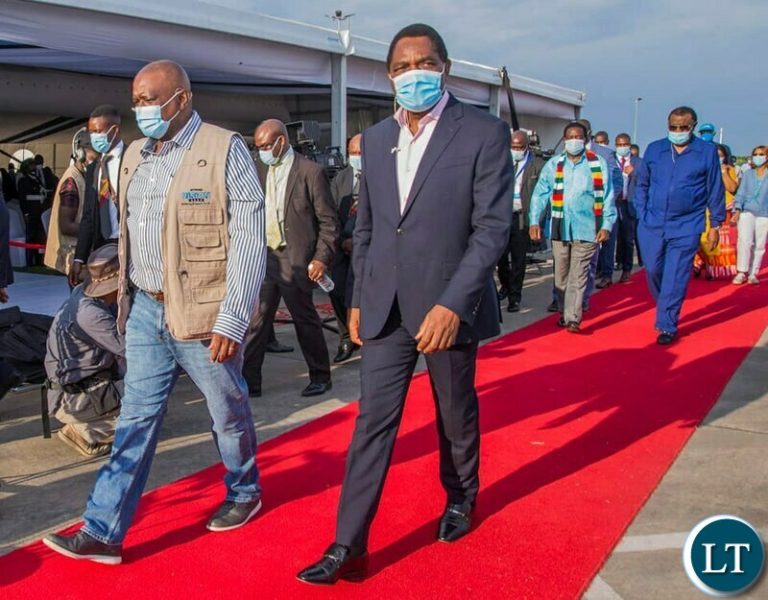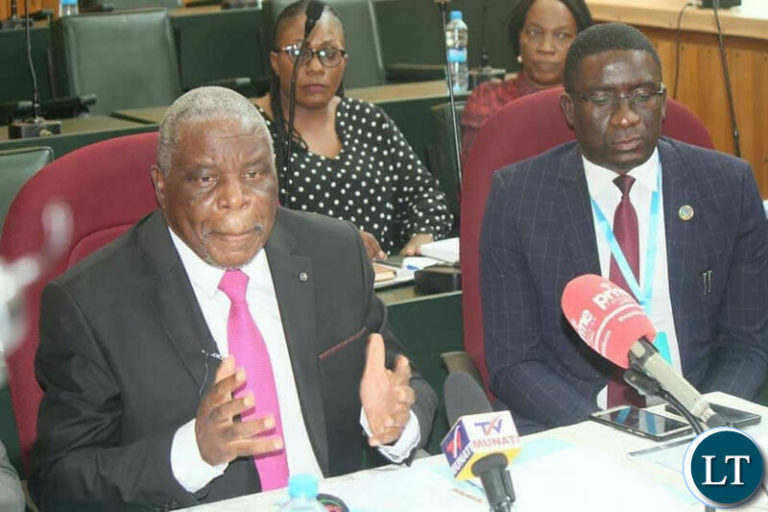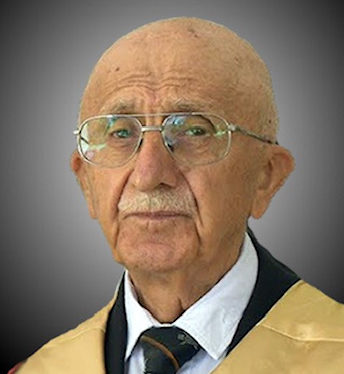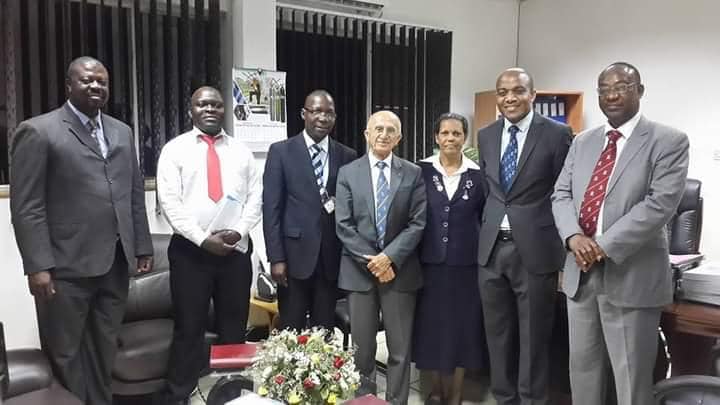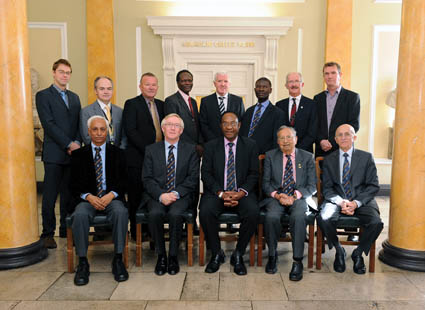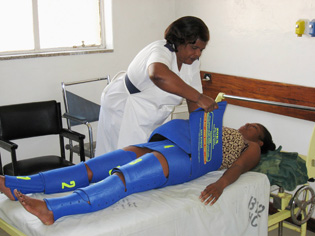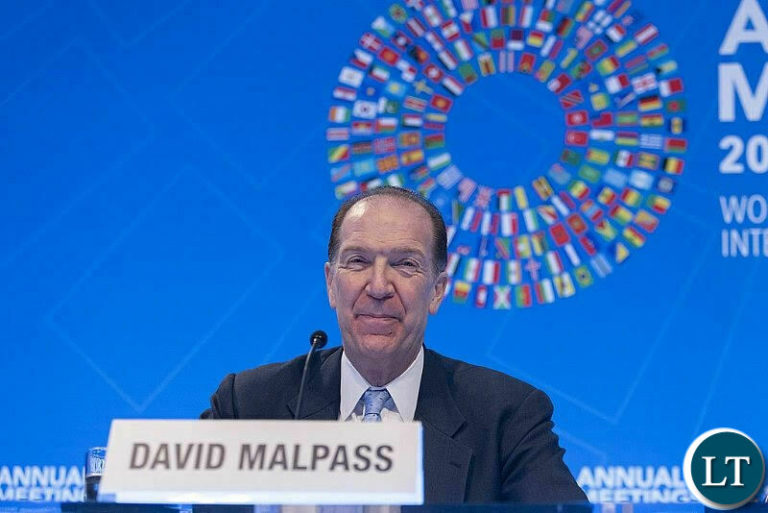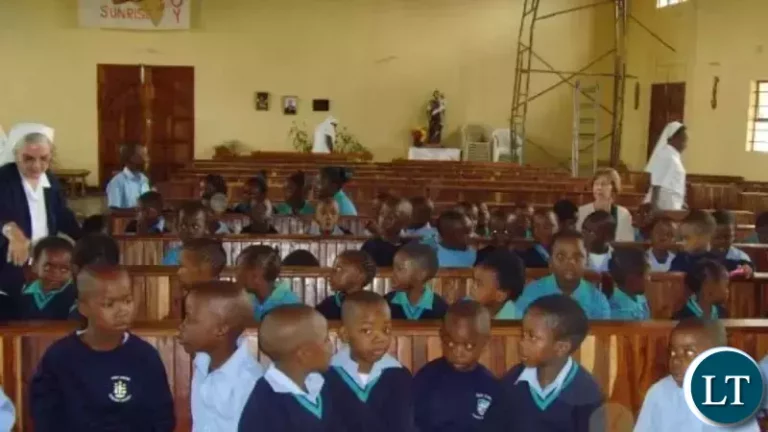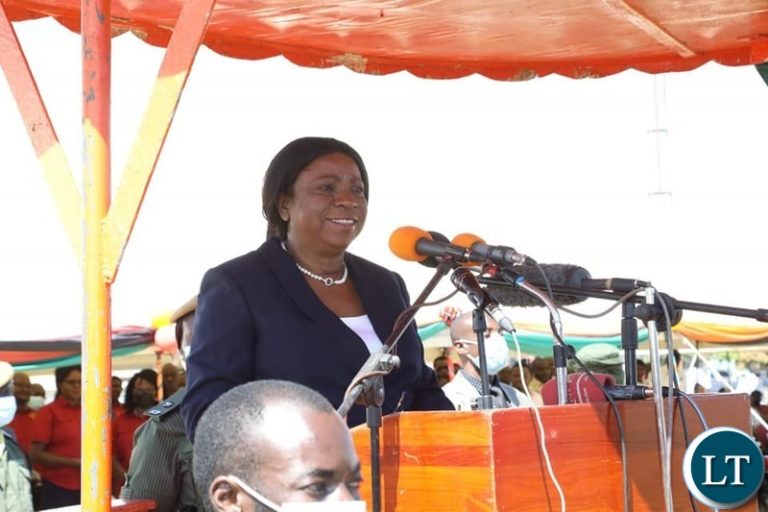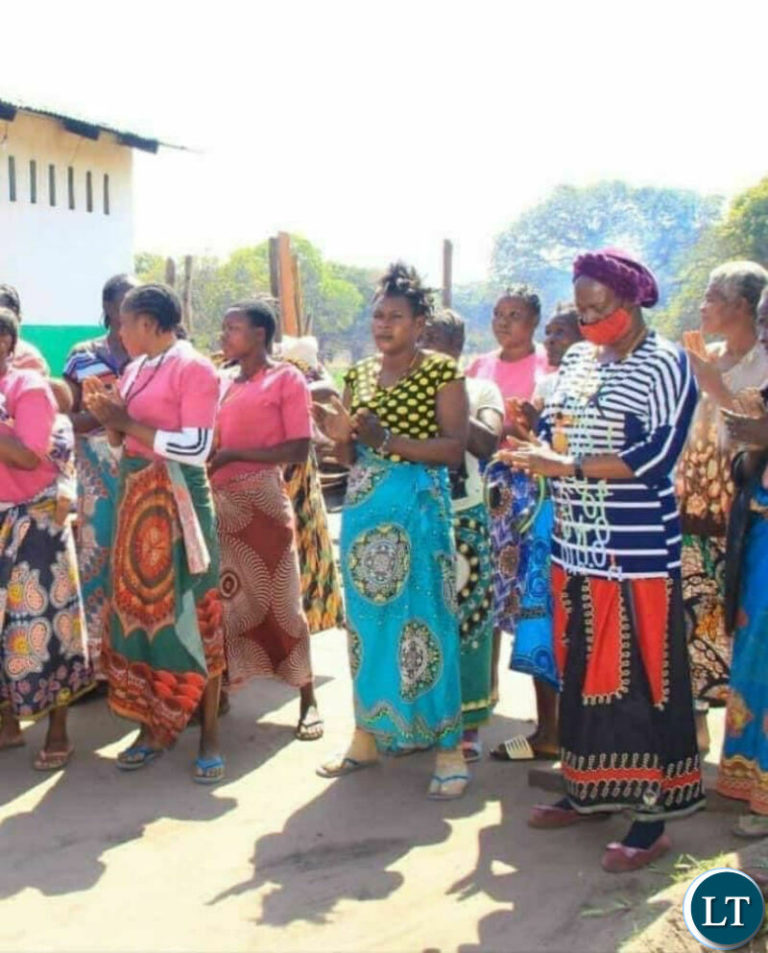Copper could rival oil as a national energy security concern for some countries.
Mining.com reports that in 2021, global electric vehicle sales hit 6.6 million – more than double the 3 million in sales in 2020 — meaning EVs made up 9% of the global car market last year.
That’s the good news, from a decarbonization standpoint.
Here’s the bad news. Just as it begins to gain momentum, the electrification of transportation could begin stalling as early as mid-decade.
Starting around 2025, demand for key battery metals could start exceeding supply, adding costs to EV battery manufacturing, and putting the brakes on EV adoption, according to a new detailed analysis by S&P Global, The Future of Copper.
In fact, car manufacturers are already facing supply chain constraints for certain key metals, and are already resorting to substitution materials.
Ford Motor Co. (NYSE:F) announced this week it will switch to lower performance batteries for some of its EV vehicles, a move aimed at meeting production goals while addressing nickel supply issues. For some standard EV models, Ford will use lithium-iron-sulphate batteries, which don’t require nickel or cobalt.
Meanwhile, the International Energy Agency (IEA) warns a lithium shortage could start around 2025.
There was enough lithium mined in 2021 to supply 11.4 million EVs, according to the World Economic Forum.
If EV sales double again over the next couple of years, the EV market will already exceed the current global supply of lithium, unless new mines and refiners come into production by then. Llithium prices are up 380% from a year ago, according to Kitco.
But it’s copper that is the biggest worry, with the biggest driver of scarcity being the energy transition and increased EV demand, although the demand for more power transmission will also add strain to the supply of copper.
“Major investments in the power grid to support electrification will further amplify the trend,” the Future of Copper report notes.
“The 2050 climate objectives will not be achieved without a significant ramp-up in copper production in the near and medium term, which will be very challenging,” the S&P Global report warns.
A battery electric vehicle requires 2.5 times more copper than a standard internal combustion engine vehicle. Much of that is in the electric motor, some in the battery.
There simply aren’t enough copper mines being built or expanded to provide all the copper needed to produce the 27 million EVs that S&P Global has forecast to be sold annually by 2030.
“The chronic gap between worldwide copper supply and demand projected to begin in the middle of this decade will have serious consequences across the global economy and will affect the timing of Net-Zero Emissions by 2050,” the Future of Copper report warns.
Copper could rival oil as a national energy security concern for some countries.
“In the 21st century, copper scarcity may emerge as a key destabilizing threat to international security,” the report warns.
Under what it calls the High Ambition Scenario, S&P Global forecasts refined copper production would nearly double, from 24.5 million tonnes in 2021 to more than 47 million tonnes in 2035.
That still wouldn’t be enough.
“This results in chronic shortfalls between copper and supply demand beginning in 2025 and lasting through most of the 2030s, including a shortfall of more than 1.5 (million tonnes) in 2035 alone.
“But this scenario hinges on very significant increases in both capacity utilization and recycling rates. High Ambition is a highly optimistic scenario. What this scenario demonstrates is that, even at the outer edge of what could happen in copper mining and refining operations, there will not be enough supply to meet the demand identified for Net-Zero Emissions by 2050.”
A more dire forecast, which the report calls the Rocky Road Scenario, is for an annual supply shortfall of almost 10 million tonnes in 2035.
That is equivalent to the production of 75 copper mines the size of B.C.’s Highland Valley Copper mine – Canada’s largest – said Michael Goehring, president of the Mining Association of BC.
“Projects under development today would likely not be sufficient to offset the projected shortfalls in copper supply, even if their permitting and construction were accelerated,” the Future of Copper report notes.
Some of the metals used in batteries may be able to be substituted – iron replacing nickel, for example, in lithium-iron-phosphate batteries – said Matthew Klippenstein, former adviser for Plug In BC, and current executive director for Hydrogen BC.
“And Iron is really plentiful,” he notes.
But there really is no substitution for copper in electric cars. It is needed for the batteries, the wiring and the motors. Even if aluminum can become a substitute for copper, as has been suggested, that would just shift the need for more copper mining to more more bauxite mining and aluminum smelters.
Conservationists opposed to new copper or lithium mines may point to recycling as a solution. It’s not.
While a recycling and reuse industry for EV batteries will be needed, it won’t come anywhere close to supplying the necessary metals.
If the number of EVs on the road today remained static for the next 20 years, recycling the metals in them might be able to make up the bulk of the demand. But EV sales are growing exponentially.
There were 3 million electric cars sold globally in 2020, according to the IEA. That more than doubled in 2021 to 6.6 million. By 2030, S&P Global forecasts there will be nearly 27 million sold annually.
Assuming a battery life of 10 years (some may last as long as 20 years), even if every one of the 3 million batteries and motors sold in EVs in 2020 were to be recycled, that would provide only 11% of the metals needed in 2030 for 27 million electric cars.
The IEA estimates that recycling could meet only about 10% of the demand for battery materials in 2040.
Edward Chiang, CEO of B.C.’s Moment Energy, which repurposes EV batteries for use in stationary power storage, said there are serious challenges to EV battery recycling, mainly the cost, which is why his company repurposes them, rather than recycle the metals in them.
“Currently recycling (an EV battery) is an expensive process where North Americans are footing the bill,” Chiang said. “That’s why they’re charging people thousands of dollars for recycling. That’s why the stat is only 5% of all EV batteries are being recycled.”
The biggest market for used EV batteries may be in repurposing them in stationary storage applications, not recycling, according to McKinsey and Co.
An EV battery that is at 80% capacity may no longer be suitable for an electric car, but when they are stacked for stationary power storage, they are still perfectly useable and can last many more years.
“Reuse can provide the most value in markets where there is demand for batteries for stationary energy-storage applications that require less-frequent battery cycling,” says a McKinsey report from 2019.
“The math does not add up,” Chiang said. “Recycling is not the solution to EV demand. It’s going to help – 10%, 20% of the demand — but it’s not going to solve it. We’re still going to have to open up more mines and do better in refining clean processes to meet our EV production targets.”
While there is enough copper in the world, geologically speaking, to supply the increased demand, there isn’t enough time.
It takes 10 to 15 years to get a new copper mine through permitting and construction. Twenty years is not unusual for very large projects.
Goehring said B.C. has “significant potential” to increase copper production, and there are a couple of expansions, and two new mine proposals, in the pipeline.
B.C. is Canada’s biggest copper producer. But Canada is a minor producer compared to Chile, Peru, China and the U.S.
Canada’s total copper production was estimated at 475,898 tonnes in 2020, according to Natural Resources Canada, half of it from B.C. Chile’s is about 5.5 million tonnes annually, Peru 2.5 million tonnes, China 1.5 million tonnes.
Judging by the recent political tide shift in Chile, copper mining there could become more restricted. Chile’s new president, Gabriel Boric, has been busy in recent months rejecting new copper mines and expansions. Anglo American alone has had two copper mine expansions rejected just in the last couple of months.
In B.C., there are currently two mine expansion proposals that are close to having final investments decisions made, Goehring said – Highland Valley Copper and Red Chris — and two proposed new mines: the KSM gold-copper mine and the Galore Creek copper mine.
Whether they can be permitted and built in time to help address the looming copper crunch remains to be seen.
“Senior policymakers need to focus significant amount of attention on this,” Goehring said. “A credible and robust climate strategy needs to incorporate the supply side of critical metals.”
Source: Mining.com visit the site at https://www.mining.com/




